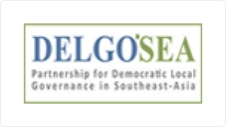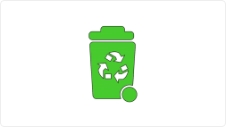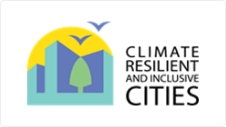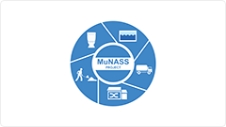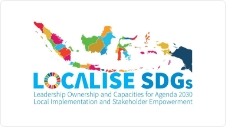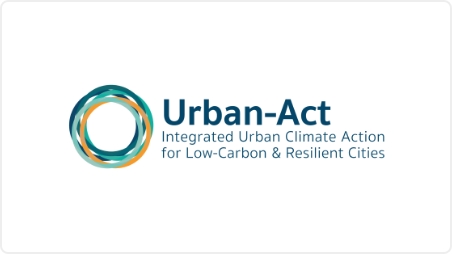Programmes & Projects
Municipalities Network Advocacy on Sanitation in South Asia (MuNASS) Project
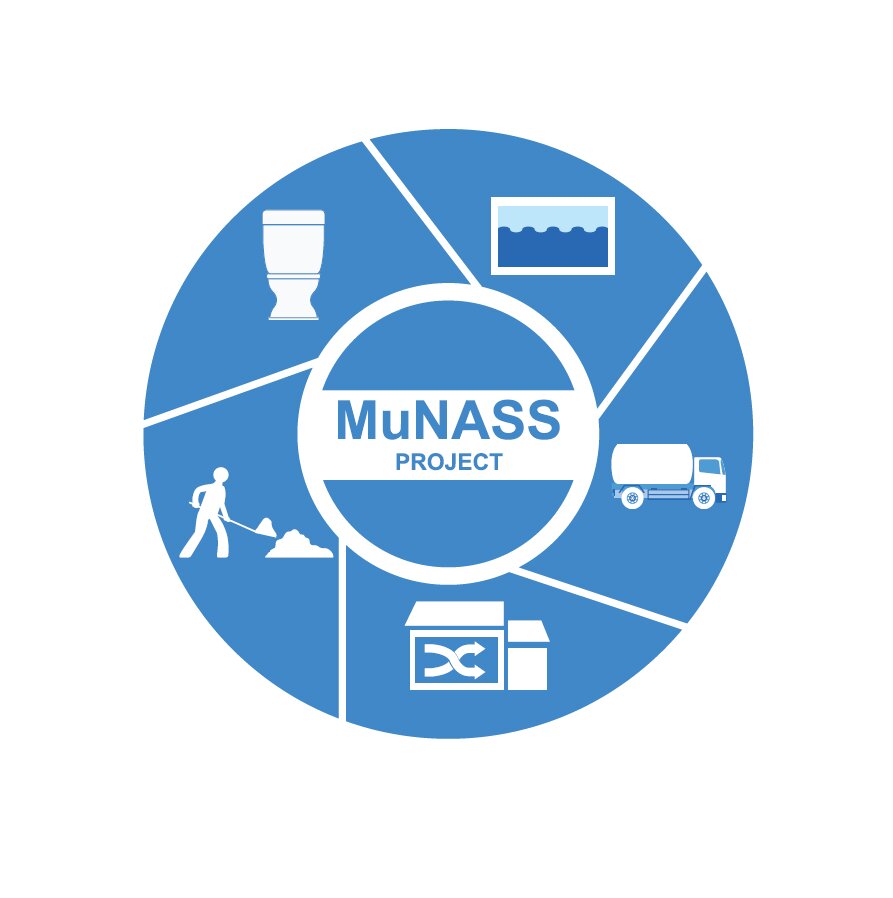
Channel Hub:
MuNASS Project is also called the Municipalities Network Advocacy on Sanitation in South Asia, a regional UCLG ASPAC programme that aims to improve sanitation and good sanitation practices in South Asia. It does this by working with local municipal associations and municipalities to strengthen their capacity to implement sanitation policies and plans. The project also supports the development of financial mechanisms to make sanitation more affordable and accessible.
Here are some of the ways that the MuNASS project can ensure good sanitation in cities:
- Strengthening capacity of local municipal associations and municipalities: This is through training and technical assistance to local municipal associations and municipalities on a range of sanitation issues, including planning, implementation, and monitoring. This helps to build the skills and capacity of local officials, which is essential for ensuring the effective implementation of sanitation policies and plans.
- Supporting the development of financial mechanisms: The MuNASS project also supports the development of financial mechanisms to make sanitation more affordable and accessible. This includes working with governments to develop innovative financing options, such as water charges and sanitation tax, and supporting the development of microfinance schemes for low-income households.
- Advocating for improved sanitation policies: The MuNASS project also advocates for improved sanitation policies at the national and local levels. This includes working with governments to develop and implement national sanitation plans and supporting the development of sanitation bylaws and regulations at the local level.
The MuNASS project has been implemented in Bangladesh and Nepal and has had a significant impact on improving sanitation in these countries. For example, the project has helped to increase access to sanitation facilities, improve the management of faecal sludge, and reduce open defecation.
The project has also supported the development of innovative financing mechanisms, such as water charges and sanitation tax, which have made sanitation more affordable and accessible for low-income households.
The sanitation programme has currently ensured the project’s sustainability through partnerships with The Municipal Association of Bangladesh (MAB), the lead institution for the implementation in Bangladesh and the International Training Network at Bangladesh University of Engineering and Technology (ITN-BUET). The signing of the Strategic Partnership Agreement was on 14th June last year at the MAB Office in Dhaka Bangladesh.
The MuNASS project is a valuable example of how regional cooperation can be used to improve sanitation in cities. The project has helped to build the capacity of local officials, supported the development of financial mechanisms, and advocated for improved sanitation policies. THese efforts have had a significant impact on improving sanitation in Bangladesh and Nepal and can serve as a model for other countries in the region.
–
The MuNASS project is funded by the Bill and Melinda Gates Foundation (BMGF)








